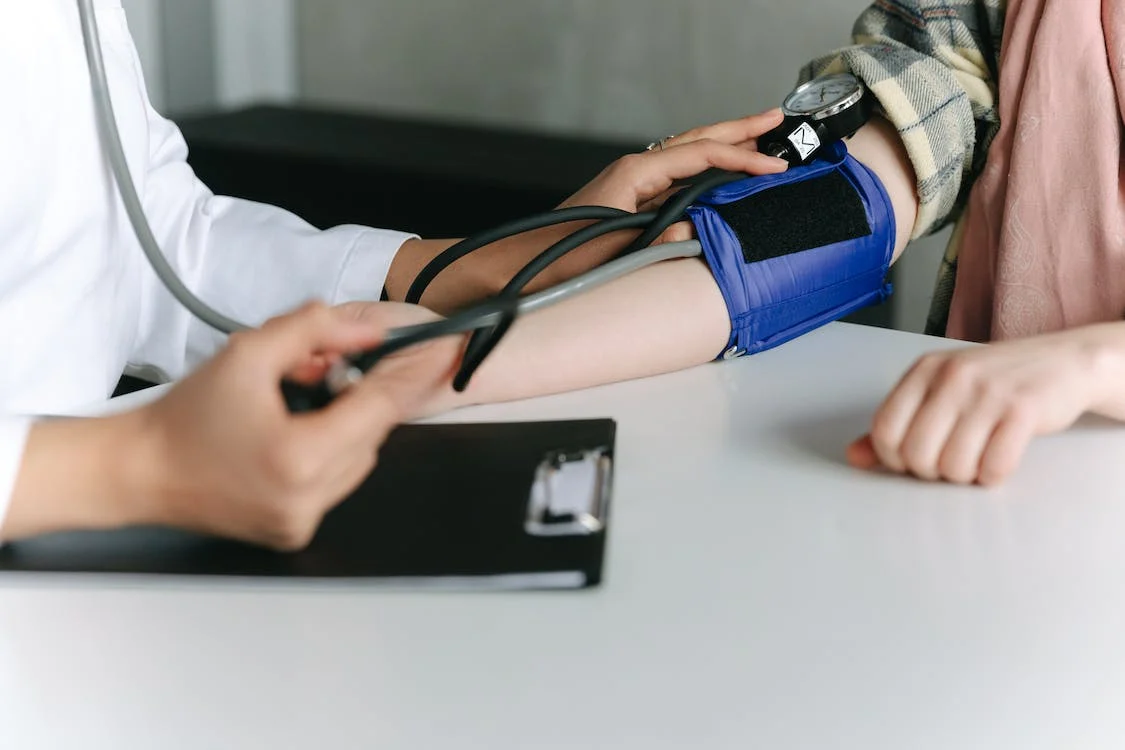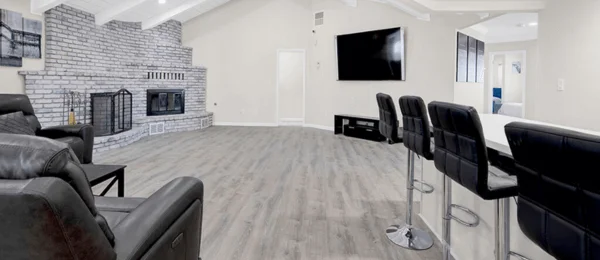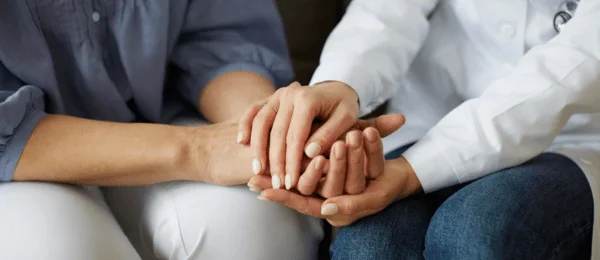
How To Stop Alcohol Cravings: 6 Ways To Manage the Urge To Drink
Many people enjoy drinking alcohol, especially when socializing, but when the odd tipple becomes a habit and begins to take over your life, it is crucial to stop drinking before it develops into a much more serious problem.
Making that decision is a wise choice, and reducing alcohol consumption will lead to a healthier life, but cutting back on alcohol can also present cravings, especially if you have been a heavy drinker or recently recovering from alcohol addiction.
In this blog, we’ll look at different ways of coping with cravings for alcohol and what can be done to stop them.
What Do Alcohol Cravings Feel Like?
If you are a habitual heavy drinker and suddenly decide to quit, your body responds by producing withdrawal symptoms such as cravings.
The lack of consuming alcohol creates these cravings, some of which can be intense and unpleasant. Similar to stopping smoking, when you stop drinking alcohol there is an overwhelming urge to consume more in the early stages.
Cravings can be extremely strong and may cause you to feel restless with little concentration or purpose. You may also experience other symptoms along with the craving for alcohol, such as anxiety, irritability, unable to sleep, or feeling bad-tempered.
With all this going on and the discomfort it brings, it is enough for many people to give in and return to their old habits. However, if you can manage to ride it out and curb alcohol cravings, these will start to fade and become less intense.

What Causes The Urge To Drink And Cravings Happening?
Alcohol is a very addictive substance and with prolonged consumption, the body becomes tolerant to it causing you to consume even more to reach the desired effect you want to experience.
As soon as your alcohol intake is reduced or stopped, the urge increases significantly, causing cravings to happen. There are three reasons why cravings appear:
- Withdrawal: If someone has an alcohol use disorder and suddenly decides to reduce the amount of alcohol they usually drink, withdrawal symptoms appear almost immediately. Some of these symptoms may include negative feelings of irritability, anxiety, lack of concentration, headaches, nausea, and intense cravings for alcohol. Some people may experience milder symptoms, but in general, coping with cravings presents the biggest challenge when quitting.
- Triggers: Every person is different, and their experiences can vary, but specific triggers can prompt someone to want to drink alcohol. External triggers may be a place or particular time when you would drink; maybe on your way home from work, you would pop into your local bar for a drink or have a drink when a friend visited. Internal triggers can also create cravings, such as feeling stressed or worried about something, making you want a drink to help you feel more relaxed.
- Habit: It is true to say that habits are easy to develop but difficult to break, and alcohol withdrawal is no exception. If you have been used to drinking alcohol, perhaps at a specific time or event, these may be trigger times or places.
To help manage alcohol cravings, being mindful of the triggers and avoiding them may reduce the sensation of wanting to drink.
What Should I Do To Stop Alcohol Cravings?
It’s not easy to quit drinking, and it takes a lot of willpower to do it alone, but here are some ways that can help to stop alcohol cravings:
- Go for a walk: Fresh air is good for you, and moving around and seeing other things is a good distraction.
- Get your family and friends involved: Being alone can become boring and there is more temptation to have a drink. Ask your family or friends to call around or go out together; their support is a real boost to keep you focused.
- Avoid Triggers: Understanding the triggers can help you avoid them. Try to avoid old habits or try doing them in a different way or at a different time.
- Relax: Being stressed will not help at all; it will only make cravings more intense. If you feel irritable or bad-tempered, have a long soak in a hot bath, try to unwind, and take deep breaths to relax.
- Distract Yourself: Listen to your favorite music, read a book, watch a film, dance, or do anything you enjoy doing that will distract you and take your mind off drinking alcohol.
- Seek Professional Help: Support is paramount to successfully quitting a habit, and professional guidance can help you stay on your path to recovery.
Experimenting with coping strategies may help reduce alcohol cravings but more than anything, you should keep reminding yourself that these cravings will eventually pass and become less intense as time goes by.

Can Addiction Treatment Help Curb From Craving Alcohol?
As previously mentioned, alcohol is an extremely addictive substance and is very hard to quit once you develop tolerance and dependence. Anyone who is a heavy drinker or has become addicted will struggle if they attempt going cold turkey and try to stop on their own, as withdrawal symptoms can be much more severe and will need to be addressed by professional health specialists.
The ways to distract cravings, as outlined in this article, are merely intended to be used as a guide for individuals who wish to quit the habit on their own and who do not present significant withdrawal symptoms and have no serious alcohol dependence.
If you or someone you know has a problem with their drinking habit or consuming larger amounts, you should seek help immediately before the problem spirals out of control.
At Resilient Recovery, we provide comprehensive treatment options to deal with alcohol addiction and withdrawal symptoms and offer medically assisted treatment during the detox process, which can help reduce cravings and make the physical sensation less painful and more tolerable.
We recommend to anyone trying to cut out alcohol and wants to stop drinking entirely that they first seek professional advice as dealing with cravings is one thing, but to prevent dangerous complications or the chance of relapse, the symptoms should be treated effectively, and any co-occurring disorders may be detected.
If you’re trying to quit and need help stopping your alcohol consumption, give us a call. Our friendly staff will gladly offer advice and guidance to help you make the right decision to change your drinking habit and will answer any questions or concerns you may have. Remember, help is always at hand, and there are other options rather than attempting to do it alone.
